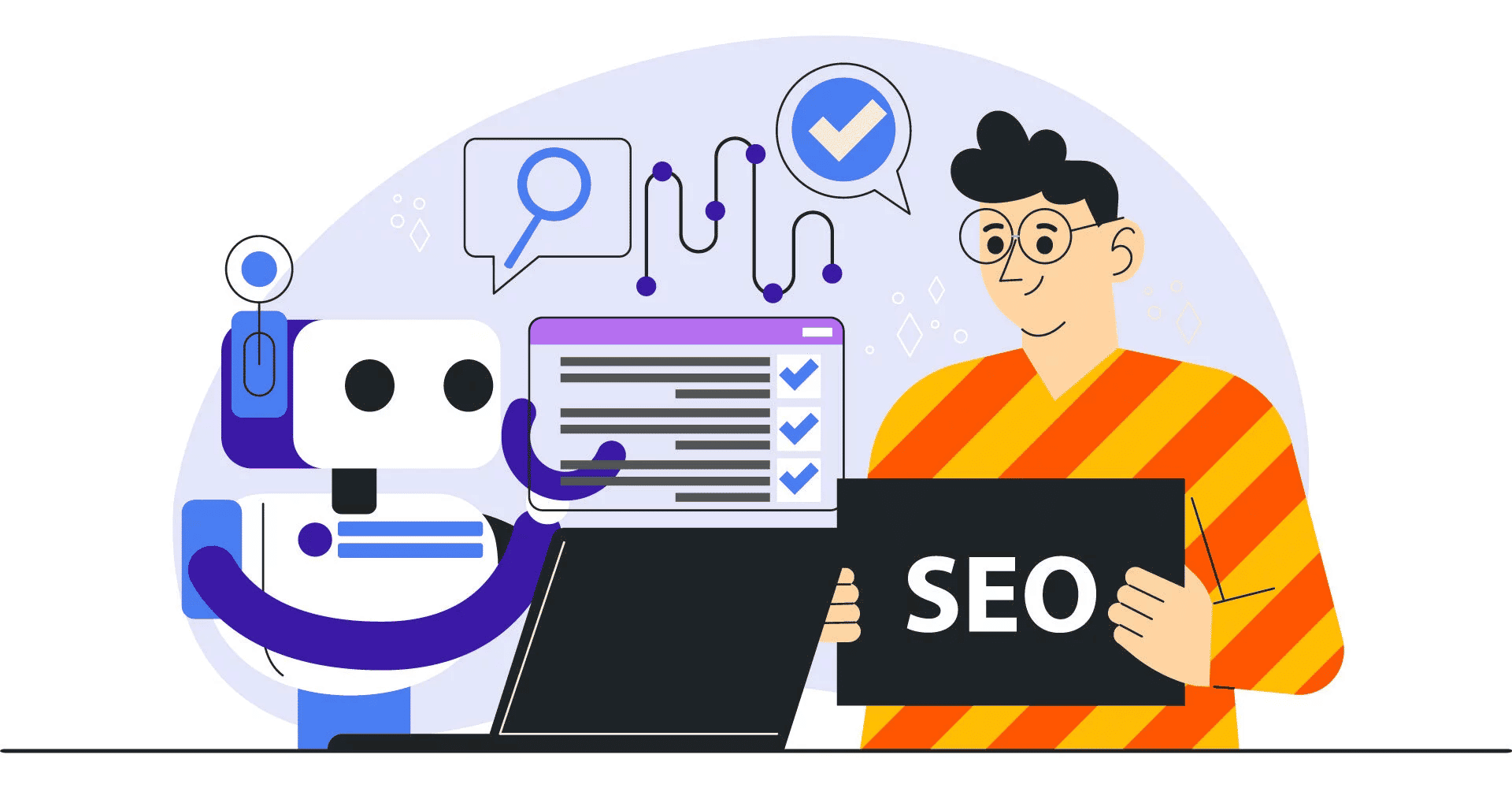Introduction: Why B12 is on Everyone’s Radar
In recent years, there’s been a growing buzz around vitamin B12, with people turning to supplements and injections in search of a much-needed energy boost. Fatigue, brain fog, and low stamina are common complaints, and B12 has become a go-to solution. But why is B12 so essential, and how do you know if you’re getting enough? This blog unpacks the vital role of B12, signs of deficiency, and how to support your health with simple nutrition tips.
Vitamin B12: What It Is and Why It’s Essential for Your Health
Vitamin B12, also known as cobalamin, is a water-soluble vitamin that plays a crucial role in red blood cell production, DNA synthesis, and brain function. Unlike other vitamins, B12 is primarily found in animal-based foods, which is why vegans, vegetarians, and even some meat-eaters can struggle to get enough.
Key Functions of B12:
- Energy Production: B12 helps convert food into energy, keeping fatigue at bay.
- Nervous System Support: It protects nerve cells and supports brain health.
- Red Blood Cell Formation: B12 is essential for making red blood cells, which transport oxygen throughout your body.
Without sufficient B12, your body’s energy production can slow down, leading to exhaustion, weakness, and cognitive issues.
Are You at Risk of B12 Deficiency?
B12 deficiency is more common than you might think. Although restrictive diets are a common cause, other factors can also play a role. Identifying the risk factors can help you take action before symptoms worsen.
Who is Most at Risk?
- Vegans and Vegetarians: Since B12 is mostly found in animal products, those following plant-based diets are at higher risk.
- Older Adults: As people age, the body’s ability to absorb B12 from food declines.
- People with Digestive Disorders: Conditions like Crohn’s disease or celiac disease can interfere with B12 absorption.
- Those on Certain Medications: Medications like metformin and antacids can reduce B12 absorption.
If you fall into one of these categories, it’s important to monitor your B12 levels and consider dietary changes or supplementation.
Signs and Symptoms of B12 Deficiency
Sometimes, it’s easy to mistake B12 deficiency symptoms for everyday tiredness or stress. However, persistent symptoms may signal a bigger problem.
Common Symptoms Include:
- Extreme Fatigue: Feeling drained despite getting enough sleep.
- Brain Fog and Memory Issues: Trouble focusing, forgetfulness, or feeling “foggy.”
- Pale or Yellowish Skin: B12 deficiency can cause jaundice-like symptoms.
- Tingling or Numbness: A “pins and needles” sensation in hands or feet.
- Mood Changes: Low levels of B12 have been linked to mood swings, anxiety, and even depression.
If you’re experiencing any of these symptoms, a simple blood test can confirm if B12 deficiency is the cause.
B12 Injections vs. Supplements: Which is Right for You?
As awareness of B12’s benefits grows, so does interest in the best ways to increase intake. Two common options are oral supplements and injections. Here’s a closer look at both.
B12 Injections
- Fast Absorption: Injections bypass the digestive system, delivering B12 directly into the bloodstream.
- Immediate Results: People often report an instant energy boost after receiving a B12 shot.
- Ideal for Absorption Issues: If you have a condition that limits B12 absorption (like Crohn’s), injections might be the best option.
B12 Supplements
- Easy to Take Daily: Tablets, gummies, and sublingual drops make it simple to boost B12 intake daily.
- More Affordable: Supplements are cheaper than injections and are widely available.
- Great for Plant-Based Diets: Vegans and vegetarians often rely on fortified foods or B12 supplements to meet their needs.
Both options can be effective, but your choice depends on your personal health needs and medical advice.
How to Boost B12 Naturally Through Your Diet
Getting B12 naturally through food is often the best way to maintain healthy levels. If you’re not ready for supplements or injections, you can boost B12 intake with the following nutrient-dense foods.
Top Food Sources of B12:
- Meat: Beef, liver, and chicken are rich in B12.
- Fish and Seafood: Salmon, tuna, sardines, and shellfish are all great sources.
- Dairy Products: B12 is found in milk, cheese, and yogurt.
- Eggs: While not as high as meat or fish, eggs still provide a small B12 boost.
- Fortified Foods: For plant-based eaters, cereals, plant-based milks, and nutritional yeast fortified with B12 are essential options.
Adding these foods to your meals can prevent deficiencies and support overall health.
Can You Take Too Much B12?
Unlike some vitamins that can build up to toxic levels, B12 is water-soluble, meaning your body flushes out any excess through urine. For this reason, B12 supplements are generally considered safe, even at higher doses. However, it’s always wise to follow the dosage instructions on supplements or consult with a healthcare provider.
When Should You See a Doctor?
If you’ve tried adding B12-rich foods or supplements to your diet but still feel persistently tired or foggy, it’s time to see a doctor. Blood tests can reveal B12 levels, and a healthcare provider can recommend injections if needed.
Take Note of These Signs to Seek Medical Help:
- Persistent fatigue that won’t improve
- Tingling sensations in hands or feet
- Severe mood changes or depression
- Difficulty walking or balance issues
Identifying the problem early is crucial to avoiding long-term health complications.
Final Thoughts: Take Charge of Your Energy and Health
B12 plays a vital role in energy production, brain health, and red blood cell formation. If you’re feeling drained, foggy, or just “off,” B12 deficiency could be the cause. The good news? It’s easy to correct with the right foods, supplements, or injections.
Whether you’re a vegan, an older adult, or simply someone feeling more tired than usual, paying attention to your B12 levels can make a world of difference. If in doubt, talk to a healthcare provider and explore the best option for your body’s unique needs. With the right support, you’ll be on your way to feeling more energetic and alert in no time.







